Digital Marketing : An Overview With Examples
Jan 19, 2019 • 13 views
Digital Marketing
The upcoming discipline of Digital Marketing offers opportunites for the innovation, profitability and affordability in the epoch (era, age) of the empowered customer. Digital Marketing is the use of information technology in the process of creating, communication and delivering value to the customers. It is also used for managing Customer relation in that ways that benefits the organisation and its stakeholders.
Digital marketing is the result of Information Technology applied to the traditional Marketing.
Digital Marketing can be put into Use to :-
ØExplore the new tools offered by the world of internet.
ØAccess the realm of Social media.
ØInvestigate the mindset of Online customers.
Digital Marketing Application :
E-Commerce
Online Branding
Personalization
Content Creation
Cost Effectiveness
Versatility
Measurement
Interactive Advertising
Online Marketing Domains : OMD is classified as
a)Business to Business (B2B) : Initiated by Business and targeted to Business.
b) Business to Customers(B2C) :Initiated by Business and targeted to Customers.
c) Customer to Customer (C2C) : Initiated by Customer and targeted to Customer.
d) Customer to Business(C2B) : Initiatedby Customer and targeted to Business.
Types of Digital Marketing:
1)Display Advertising : The use of web banner or banner ads placed on a third party website or blog to drive traffic to a company’s own website and increase products awareness.
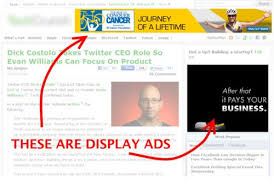
2) Search Engine Marketing : A form of marketing that seeks to promote websites by increasing their visibility in Search Engine Result Pages(SERP) through the use of either paid placements, contextual advertising and paid inclusion, or through the use of SEO techniques also knowns as organic results.
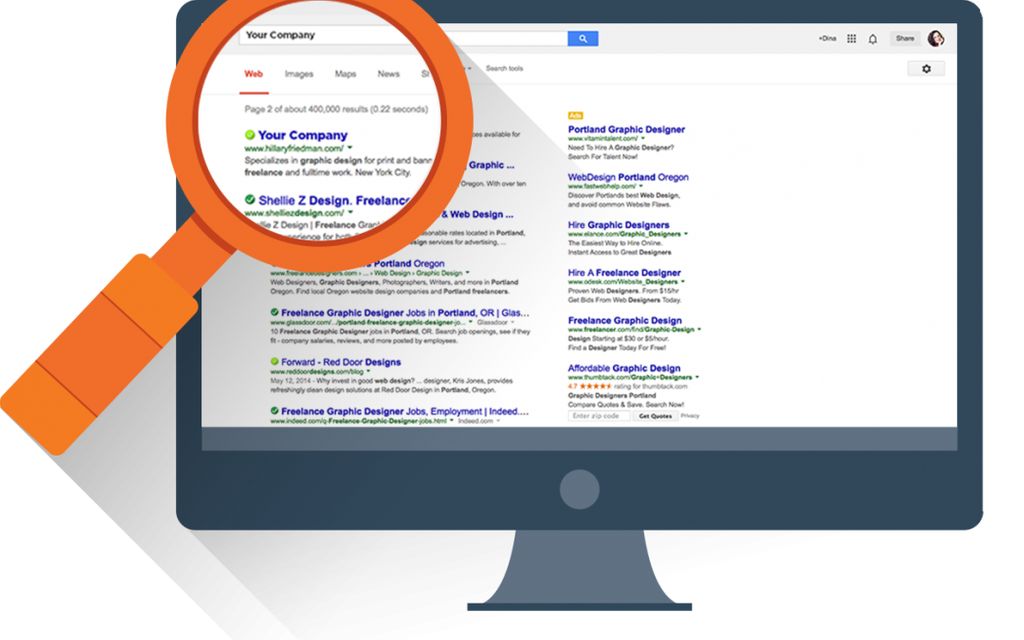
3) SEO : The process of improving the visibility of a website or a web page in search engine via the ‘natural’ or unpaid (organic or algorithm) search results.
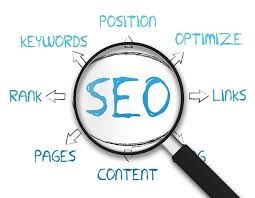
4)Pay Per Click : An online advertising model where the advertisers pay the publisher when the advertisement is clicked on, by an internet visitors.
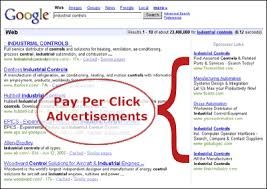
5)Social Media Marketing : The process of gaining traffic or attention through social media websites such as Facebook, Twitterand LinkedIn etc….
6)Blog Marketing : Refers to using blogs as tools to host content pertaining to a product and brand.
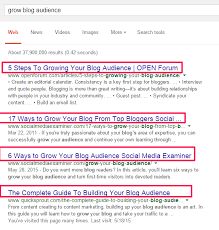
7)Viral Marketing : A marketing technique when information is passed electronically from one internet user to the other , through self –replicating viral process.
8)Referral Marketing : A method of promoting products or services to a new customers through referrals, usually word of mouth.
9) Affiliate Marketing : A marketing practice in which a business rewards one or more affiliates for each visitor or customer brought about by the affiliate’s own marketing efforts.
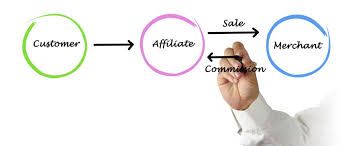
10)Content Marketing : The process of creating specialised content such as info graphics, blog articles and E-Book to attract the more customers.
11)AdSense Marketing : AdSense is the Google’s Online Advertising platform. Using elements such as the internet user’s geographical location, the current website’s content and others, goggle is able to deliver ads that target the web visitor’s exact interests.

12)Inbound Marketing : Involves Creating and freely sharing informative content as a means of converting prospects into customers and customers into repeat buyers.
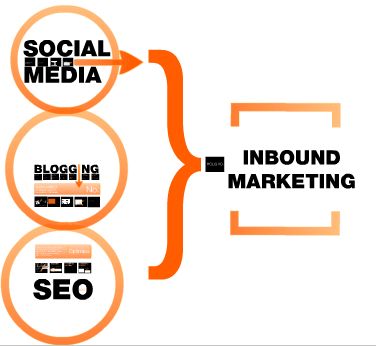
13)Video Marketing : Online video is increasingly becoming more popular among internet users and companies are seeing it as a viable method of attracting customers.
14)Advergaming: Advergaming refers to advertising using games. Advertising can be integrated into Online games to promote products and brands online.
15)Mobile Marketing : Mobile marketing uses tools such as Mobile Application, Mobile Website Marketing, SMS Marketing, MMS Marketing, QR code Marketing.
